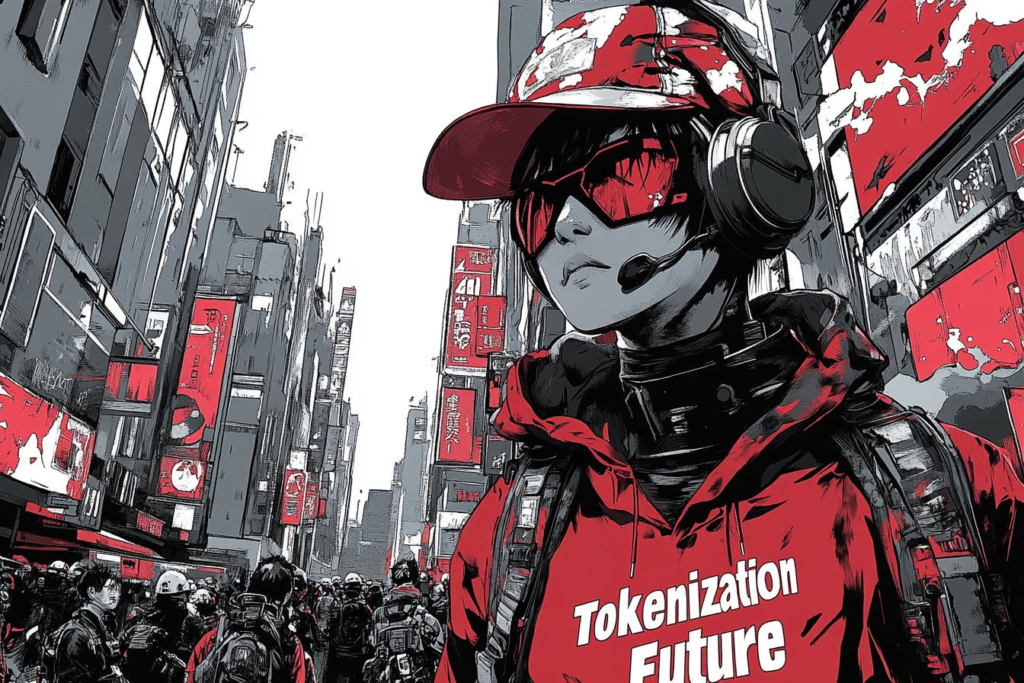The world of investing is undergoing a quiet revolution, and at its heart lies tokenization, the practice of digitizing real-world assets on blockchain networks. Recent developments, including remarks by SEC Commissioner Hester Peirce emphasizing the urgent need for regulatory clarity, underscore the critical turning point at which tokenization stands today. Amidst uncertainty, some innovators have proactively established robust legal frameworks, positioning themselves as pioneers in the emerging ecosystem.
Real estate, traditionally one of the most illiquid yet valuable asset classes, is at the forefront of this transformation. Tokenization promises to convert property ownership from a rigid and opaque market to a transparent and accessible one, enabling investments as small as fractions of a property and trades executed in mere moments rather than months.
A prime example of such innovation is Blocksquare, a blockchain real estate company leveraging Ethereum smart contracts to tokenize economic rights to properties, thus bypassing traditional securities law conflicts. Blocksquare has distinguished itself through a jurisdiction-agnostic approach that secures token holder rights via enforceable contractual agreements and publicly verifiable corporate resolutions.
Other key industry players enhancing the ecosystem include RealT, which facilitates fractional ownership in U.S. properties through Ethereum, offering a straightforward approach for investors seeking exposure to residential real estate markets. Meanwhile, platforms such as Tokeny and Polymath have contributed by building robust tokenization infrastructures primarily around securities compliance frameworks.
However, the critical distinction of Blocksquare lies in its unique legal approach. Blocksquare tokens represent economic revenue rights explicitly linked to real-world properties without classifying tokens as securities, an innovative solution to the ambiguity troubling many crypto projects today. This model has allowed the company to operate effectively across multiple jurisdictions, having already tokenized over $80 million in assets across 19 countries.
The broader adoption of tokenization is also bolstered by the rising interest in Decentralized Finance (DeFi). Blocksquare’s Oceanpoint DAO, a DeFi bridge to real estate, demonstrates the potential of merging blockchain finance with tangible assets, offering investors the opportunity to gain exposure to property-backed investments without traditional barriers.
As global regulators scramble to clarify rules around digital assets, companies like Blocksquare, RealT, Harbor, and Polymath continue to demonstrate the real-world practicality of tokenization. Still, the industry must collectively navigate regulatory landscapes, advocate for clearer guidelines, and educate investors and stakeholders about the benefits and safety measures inherent in blockchain-based real estate investments.
The recent statement from the SEC reinforces a clear message: tokenization’s full potential hinges on regulatory clarity. Companies leading the way today, like Blocksquare, aren’t waiting, they’re providing clarity through actionable solutions and setting standards that will define the future of real estate investing.
Don’t forget to like and share the story!

